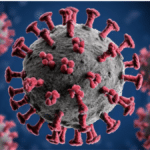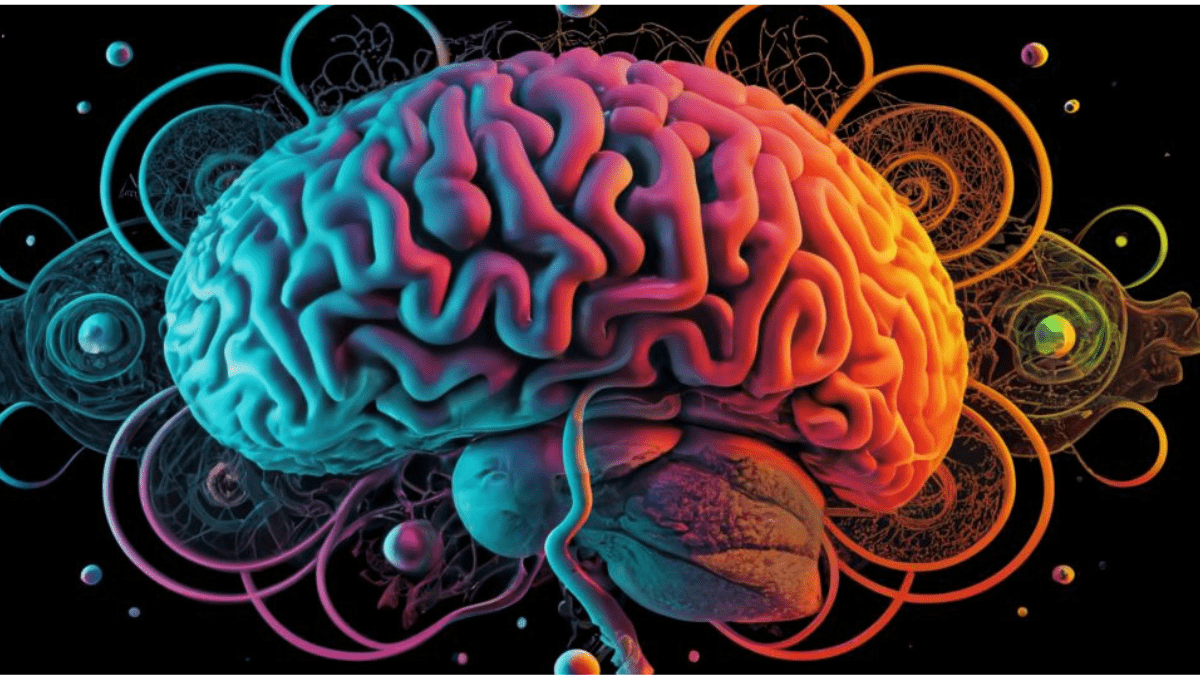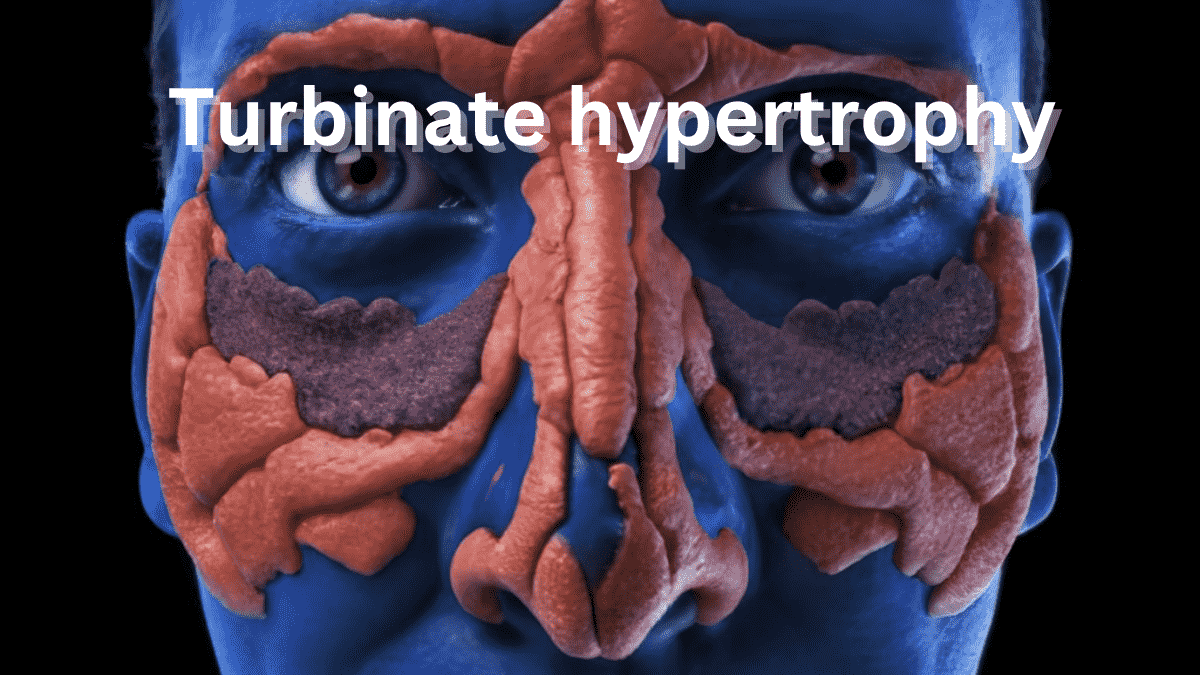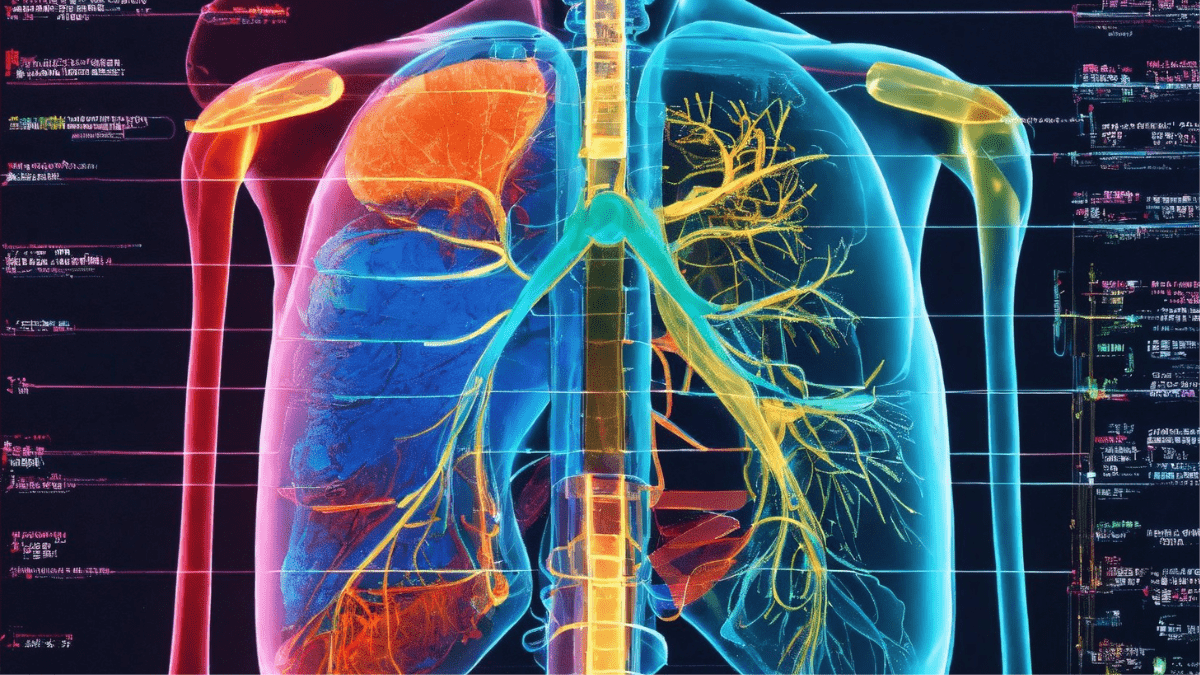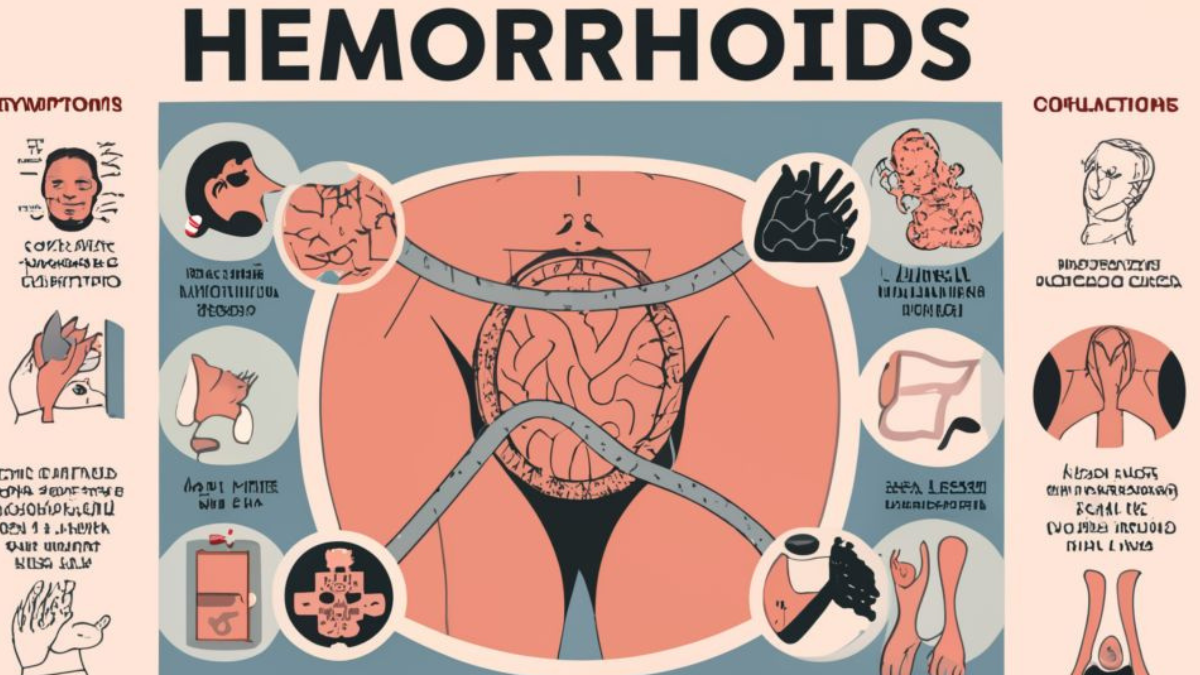Schizophrenia word often evokes a myriad of misconceptions and fears in the minds of many. It’s a term that has been stigmatized, misunderstood, and misrepresented throughout history. But what is schizophrenia, really? How does it affect individuals who live with it? And perhaps most importantly, how can we as a society better support and understand those impacted by this complex and often debilitating condition?
Defining Schizophrenia
To understand schizophrenia, we must first clarify what it is and what it is not. Schizophrenia is a chronic and severe mental disorder characterized by a range of symptoms that can include hallucinations, delusions, disorganized thinking, and impaired social functioning. Contrary to popular belief, schizophrenia is not synonymous with split personality or violence. Rather, it is a heterogeneous disorder that affects each individual differently, often manifesting in a combination of symptoms that can vary in severity and duration.
Symptoms and Subtypes
The symptoms can be broadly categorized into positive, negative, and cognitive symptoms. Positive symptoms refer to experiences that are not typically present in healthy individuals, such as hallucinations (perceiving things that aren’t there) and delusions (false beliefs). Negative symptoms, on the other hand, involve a reduction or absence of normal behaviors and emotions, such as diminished emotional expression and social withdrawal. Cognitive symptoms may also be present, including difficulties with concentration, memory, and executive function.
It is further classified into different subtypes based on the predominant symptoms and their duration. These subtypes include paranoid, disorganized, catatonic, residual, and undifferentiated schizophrenia. Each subtype presents its own unique challenges and manifestations, highlighting the heterogeneity of the disorder.
Causes and Risk Factors
The exact cause of schizophrenia remains unknown, although research suggests that a combination of genetic, environmental, and neurobiological factors may contribute to its development. Genetic predisposition plays a significant role, with individuals who have a family history of schizophrenia being at higher risk. Environmental factors, such as prenatal exposure to toxins or viral infections, as well as psychosocial stressors, may also increase the likelihood of developing the disorder.
Treatment and Management
While there is currently no cure for schizophrenia, treatment options are available to help individuals manage their symptoms and improve their quality of life. Antipsychotic medications are commonly prescribed to alleviate positive symptoms, although they may be less effective for negative and cognitive symptoms. Psychosocial interventions, including therapy, social skills training, and supported employment programs, can also play a crucial role in helping individuals cope with the challenges of living with schizophrenia.
Challenges and Stigma
Despite advances in our understanding of schizophrenia and the availability of effective treatments, individuals living with the disorder still face significant challenges, including stigma, discrimination, and limited access to care. Stigma surrounding mental illness can lead to social isolation, employment discrimination, and reluctance to seek help, further exacerbating the burden of the illness on individuals and their families.
The Importance of Compassion and Support
As a society, it is essential that we work to challenge the stigma surrounding schizophrenia and other mental illnesses. Education and awareness are key in fostering understanding and empathy for those affected by these conditions. By promoting a culture of acceptance and support, we can create an environment where individuals feel comfortable seeking help and accessing the resources they need to thrive.
Schizophrenia is a complex and multifaceted disorder that affects millions of individuals worldwide. While living with schizophrenia can present numerous challenges, it is important to remember that with the right support and treatment, individuals with schizophrenia can lead fulfilling and meaningful lives. By dispelling myths, challenging stigma, and promoting compassion and understanding, we can create a more inclusive and supportive society for all. Let us work together to ensure that no one faces the challenges of schizophrenia alone.



